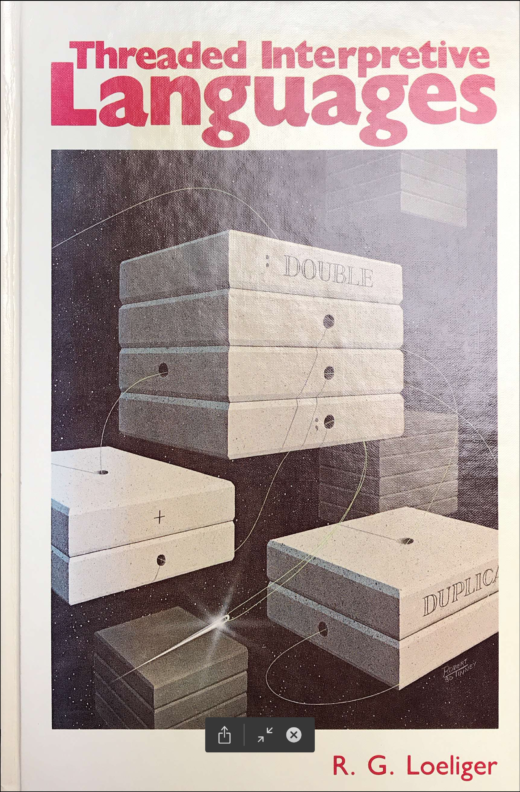Real books vs e-books
I recently saw a Facebook posting by a friend: “Share this if you love real books.” My initial [and enduring] question was why should I share it, what is the point? Putting that aside, do I love “real” books? This required some thought. I read all the time. I own quite a few books [though fewer than I have in the past]. I have written a couple of books, with another on the way. But do I love them? …
Books are certainly important. IMHO, they were the most important invention before the Internet. I cannot think of my childhood, for example, without seeing books. My Dad bought me a great set of encyclopedias when he found that he could no longer answer my incessant questions. I used the public library a lot to get reading books and research interests. At school we were encouraged to read. I recall, at the end of a school year, getting a reading list of books that they wanted us to read over the months that followed. One book was #5 in a series; this was a clever ploy to get us invested in bodies of work and I very much enjoyed reading the whole series.
But there is more to books than reading. I am not sure what age this started, but I had an ambition from early on to write a book and get it published. At 16, I started to write a sci fi novel. I found the 100 pages or so of manuscript years later and began to read. It was embarrassingly awful, but I was proud of myself for having a crack at it. I finally saw my name on the cover of a book 13 years later and receiving the first copy was one of the best days of my life. When I published my first [technical] magazine article, a few years before the book, I was so pleased to be in print that I had forgotten that they might pay me. The fee was not a lot, but I bought a big expensive book that I had wanted and was not able to otherwise justify.
My daughter entered a competition to write a piece about the history of our town and she wrote about her school. The winners all got their pieces included in a book and received a free copy. I figured that it was a cheap way to get copy for a book to be written. She was a winner and was, at 11, the youngest contributor. So she beat me by many years. They had a party for the winners at the local bookshop and she and her Mum went along. She started asking the other authors to sign her book and everyone else started following suit, which was fun.
 Books also have a feel and a smell. I have a technical book, that I bought for about $20 [a lot!] nearly 40 years ago. I recall its feel and mostly the smell [of the glue, I guess]; it has retained these qualities. And I am still interested in the content. I believe that this is the factor that ensures the future of “real” books: they can be lovely, evocative items to own and enjoy.
Books also have a feel and a smell. I have a technical book, that I bought for about $20 [a lot!] nearly 40 years ago. I recall its feel and mostly the smell [of the glue, I guess]; it has retained these qualities. And I am still interested in the content. I believe that this is the factor that ensures the future of “real” books: they can be lovely, evocative items to own and enjoy.
Many people, who espouse a love of books, rant on about how awful e-books are. I believe that they need to broaden their view. Books are all about form and content and accessibility to that content. These factors need to be separated.
If you are simply reading books from front to back, it is hard to find fault with the experience of an e-book. I can have hundreds of books in my pocket and read comfortably in any light, with almost no concern about battery life etc. In addition, I can read one-handed or even no-handed [e-reader on the table next to me], which is great while standing in line or having a solitary meal. I can easily look up words in the built-in dictionary or consult Google/Wikipedia [I love being able to do this!] and searching through a book for a name or whatever is so easy. Bookmarks and annotations are simple and non-destructive. What is not to love? I came across a lady who told me that she had tried reading an e-book and would not be repeating the awful experience. It seems that she had been reading on her [small] phone! IMHO, a dedicated e-reader [like a Kindle] is absolutely first choice. An iPad is not too bad and my iPhone [7 PLUS] is last resort, which is better than boredom.
For some purposes, e-books are non-optimal. If you dip in and out of a book, like a recipe book, traditional may be best. If the book is mostly images, the same applies. This is also true of various kinds of reference book.
Some years ago, I was on vacation and I observed a couple of people reading on Kindles by the pool. Both of them had about 4 lines of text on the screen. Clearly they had vision problems and this was the solution. This is a great advance on large-print books, which are big and heavy and offer limited choice. Now these people can read almost anything they choose. My 91-year-old aunt still enjoys reading her daily newspaper on her iPad, applying the same principle. This is technological progress: making people’s lives better.